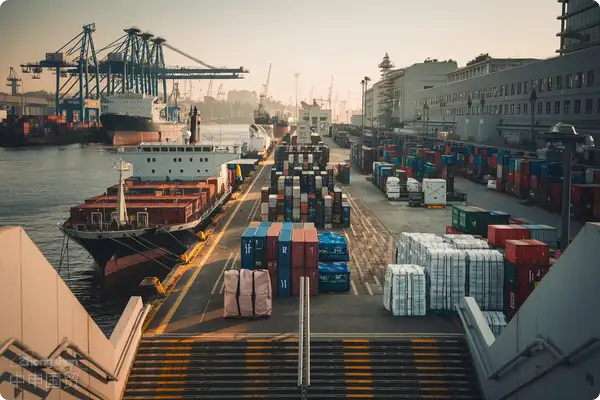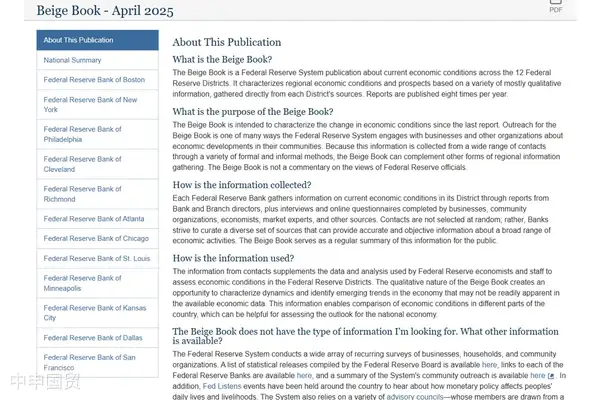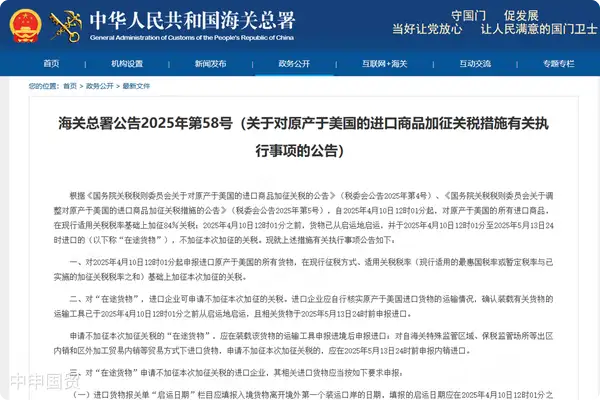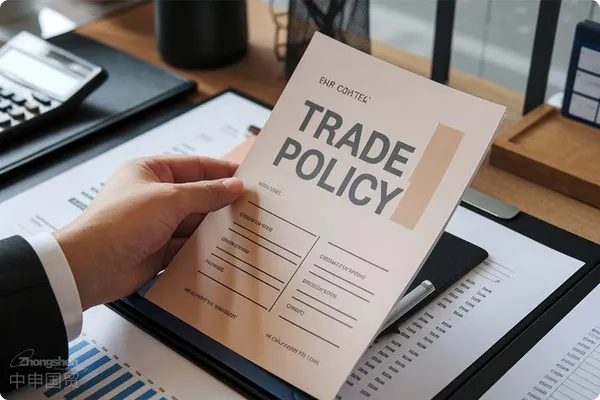- Shanghai Zhongshen International Trade Co., Ltd. - Two decades of trade agency expertise.
- Service Hotline: 139 1787 2118
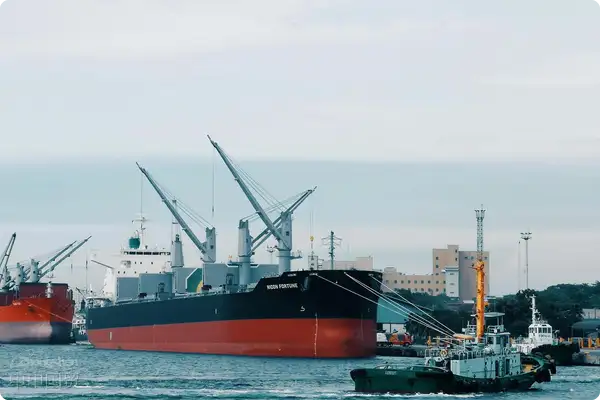
Industrialequipment. For example, Indonesia has the SNI certification, Thailand has the TISI certification, and the Philippines has the BPS certification. It is necessary to confirm in advance the equipment voltage (such as 380V/50Hz in Thailand), the compatibility of the CE certification, and the proof of environmentally friendly materials.Three Typical Dilemmas
Under the trend of global manufacturing reshoring in 2025, domestic enterprises continue to expand the scale of introducing overseas high-end equipment. However, in actual import processes, 73% of purchasers have encountered unexpected cost expenditures, with 58% of problems rooted in process control errors.
Key Link Risk Analysis
Technical Parameter Compliance Blind Spots:
- Latest revised clauses of EU Machinery Directive 2006/42/EC
- US OSHA Equipment Safety Certification Requirements
- Protective Device Compatibility Testing
- Energy Consumption Standard Matching Verification
Tariff cost calculation errors:
- Misjudgment of tax rates caused by HS code classification deviations
- It is recommended to verify through the following methods:Disputes arising from insufficient document validity
- ASEAN FORM E certificate usage specifications
- Application of accumulation rules under the RCEP agreement
Professional agency service value model
High-quality agencies can reduce hidden cost expenditures by 23%-45% through comprehensive process control systems:
- Technical compliance pre-review system:Establish equipment parameter database to compare with the latest technical regulations of target countries
- Dynamic tariff optimization model:Combine free trade agreements and provisional tariff policies to construct optimal declaration solutions
- Intelligent logistics solution matching:
- Oversized equipment transportation route planning
- Pre-coordination of port special operations
Comparative analysis of practical cases
Case A (without agency services):An automotive parts manufacturer importing German stamping equipment incurred additional costs of 820,000 yuan due to 37 days of port detention caused by failure to identify EC directive updates.
Case B (with professional agency intervention):In similar equipment imports, the agency completed in advance:
- Safety protection device modification plan
- Preventive explanatory documents for classification disputes
- Customized port handling solutions
Overall customs clearance time reduced by 62%, comprehensive costs decreased by 31%.
Agency selection factor matrix
- Qualification verification:AEO certification/industry access qualifications
- Professional Capabilities:
- Technical Regulation Update Response Speed
- Success rate in customs dispute resolution
- Service Network:Overseas inspection points/port collaboration systems
As a capital-intensive procurement activity, industrial equipment imports create multiplier effects from cost deviations in each process. Choosing professional agencies with full-chain risk prevention capabilities essentially means purchasing deterministic business outcomes.
Related Recommendations
Core Business
Contact Us
Email: service@sh-zhongshen.com
Related Recommendations
Contact via WeChat

? 2025. All Rights Reserved. Shanghai ICP No. 2023007705-2  PSB Record: Shanghai No.31011502009912
PSB Record: Shanghai No.31011502009912
